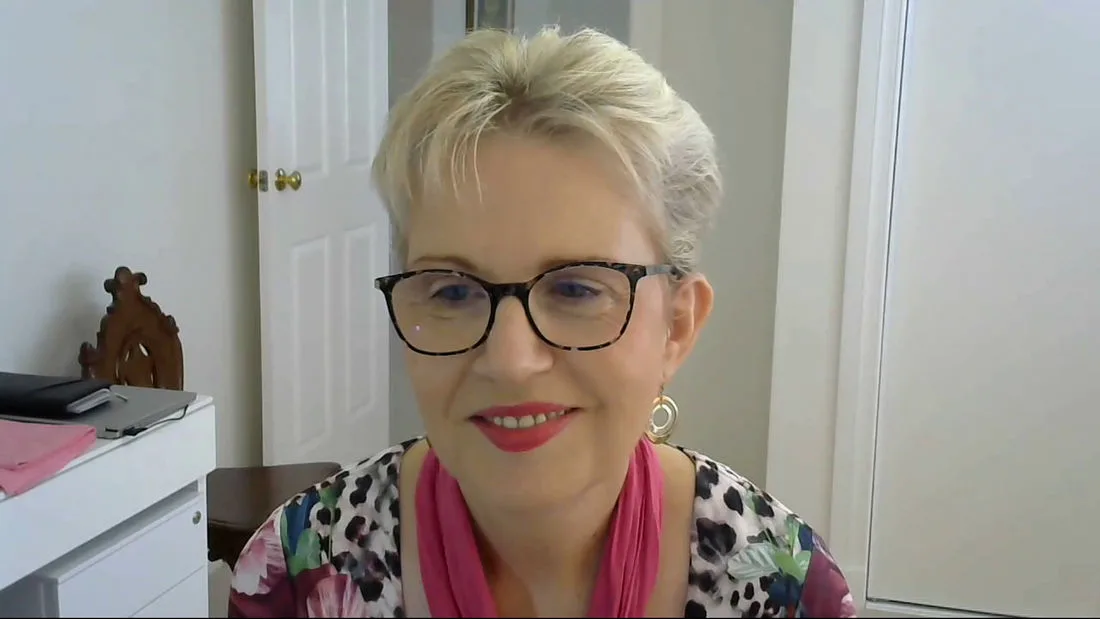Talking HealthTech: 341 – Medical bionics; innovations fusing diverse technologies to transform lives – Dr Robyn Stokes, Bionics Queensland

Source: talkinghealthtech.com

Provided by:
Talking HealthTech
Published on:
7 April 2023
Exciting technological advancements in health have the potential to transform lives, with emerging technologies driving new devices, treatments, and implants. Challenges and opportunities for collaboration arise as these innovations require fast-tracking discovery and commercialisation in Australia.
In this episode, Dr. Robyn Stokes, CEO of Bionics Queensland talked about medical bionics’ current and future innovations.
Who is Dr. Robyn Stokes?
After launching the Bionics Challenge in 2019, Dr. Robin Stokes became the CEO of Bionics Queensland in 2020. With expertise in strategy, research, and consulting, she is dedicated to building an ecosystem that capitalizes on industry-level opportunities, specifically in the health sector.
What is Medical Bionics?
Bionics has come a long way from the early days of prosthetics and has now progressed to the nexus of bionics and regenerative medicine. There are now a range of treatments available, including bioelectric medicine and functional electrical stimulation, which are used to treat mobility problems such as spinal cord injury. Implants are also used to improve various bodily functions, such as the cochlear implant for hearing loss. Medical bionics has expanded to include brain computer interfaces and neurotech devices, which hold great promise for the future of medical treatments.
Deep Tech in Health
The company has a mentoring program called the Bionic Deep Tech Mentoring Program. They consider software as a medical device to be part of the bionic field, and there have been developments such as the Bionic Pancreas which combines artificial intelligence, health technology, and data analytics to create a functional pancreas. An outstanding project in this area has been awarded in Australia, with the potential for a physical implant in the future.
Innovations in Medical Bionics
The field of medical bionics is rapidly advancing, with innovative technologies being developed to improve the lives of people with disabilities. One such development is the use of digital twin technology, functional electrical stimulation, and virtual and augmented reality to help people with spinal cord injuries regain mobility. The BioSpine project at Griffith University on the Gold Coast is a standout example of this. In the brain-computer interface sphere, neuro-bionic implants are enabling people with neurodegenerative diseases to communicate and do tasks like electronic banking. The Stentrode device invented by Profs Tom Oxley and Nick Opie, are able to read brain signals and trigger actions, making life easier for people with advanced motor neuron disease. Innovations in bionics are also helping with simple yet life-changing tasks like triggering the coughing mechanism for people with quadriplegia.
Getting Involved in Bionics
Dr. Robyn highlights the diversity of skills and expertise required for innovation in various fields, particularly in healthcare. From grassroots innovators to established biomedical engineers and data analysts, there is a need for collaboration and team-building to bring innovative ideas to fruition. She emphasised the importance of market analysis, funding, and clinical trials to successfully launch a product or service. Innovation requires a diverse set of skills and a collaborative approach to bring together the right people to create impactful solutions.

The Role of Bionics Queensland
Founded by Dimity Dornan who started Hear and Say 30 years ago to provide support and training for families and individuals with cochlear implants, Bionics Qld identified a wide suite of innovators for projects, supporting teams with funding and advice and accelerating projects to market. Working closely with the many teams that participate in their #BionicsChallenge the charity has awarded about 1.3 million dollars in the last three years to support the development of innovative projects. The goal is to build a community around these projects and improve their translation readiness, with both startups and university projects getting closer to market.
Tapping on Start-up Potential
The startup arena is more complex than it may seem. There are grassroots innovators like Casey Pfluger, founder of Cortex Brainwave Technologies in Brisbane, who identified the need for a better brain computer interface device and improved sensors. He’s been working on a near infrared sensor that doesn’t have the problem of pairing or being racist towards different skin colors. Australia has a lot of potential in this field, and they’ve recently hosted a national bionics innovation challenge to grow the ecosystem. There are partners around the country, including the Bionics Institute and Tyre Institute in Sydney, as well as HealthTech hubs, all working together as a living lab community.
Excitement for the Future
Dr. Robyn discusses the progress of bionic technologies in Australia, including three bionic vision projects and advancements in sensor technology. An example for this is a system for a sense of smell that includes spectacles to detect different smells and an implant to stimulate the sense of smell. She also notes that brain computer interface technology is becoming more prevalent, and there is a growing discussion around the ethics and human factors involved in these innovations. Robyn emphasised the importance of consumer involvement in innovation and working with charities to bring end-users into the process.

Looking Forward with Bionics Queensland
Bionics Queensland is launching a Bionic Innovation Insight series, which is a set of five reports covering global bionics research and conversations with communities on sensors, mobility, implants, organs, and neuro. The reports will be launched in Brisbane this Friday, along with a membership strategy that invites people to share in the knowledge gained.